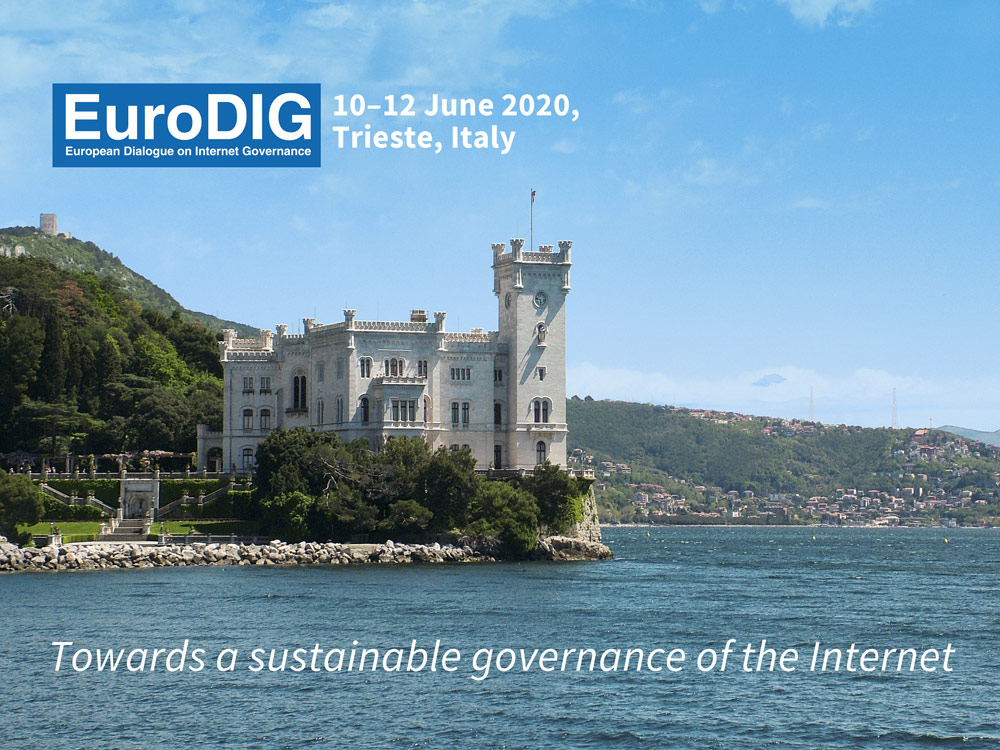Should public policy priorities and requirements be included when designing Internet standards?
11 Jun 2020 14:30h - 16:00h
Event report
The workshop debated the need for including public policy priorities in the development of new Internet standards. Key participants provided reasons for the inclusion of public policy priorities and requirements from the point-of-view of each stakeholder.
Mr Fred Langford (Deputy CEO and CTO, Internet Watch Foundation) spoke from the perspective of Internet users, saying that public policy is really missing in the standards development process. He noted that, when writing engineering standards, it is important to consider public policy requirements. At the same time, such requirements should not decrease the quality and security of Internet standards.
Mr Mattia Fantinati (Member of the Chamber of Deputies of the Italian Republic) expressed the position of the government stakeholder, agreeing with the need to consider public policy too. He pointed out that for legislators, it is important to know what is next in the digital future, and how new technologies will affect social and economic life. Without this knowledge, all legislative efforts would turn into bureaucracy.
Finally, from the tech community’s perspective, Mr Jörn Erbguth (Head of Tech Insights, Geneva Micro Labs) agreed that government participation in standards development is needed, ‘because they need to respect the Internet standards more’. For example, some Internet standards may be in jeopardy because of new regulations stemming from the EU General Data Protection Regulation (GDPR). However, he said that he thinks that it is not only up to governments, but that all stakeholders should contribute to the standards development process. He concluded by stating that, ‘if Internet standards have a higher legal value compared to other laws, we can protect the Internet better’.
The speakers noted that participation in standardisation organisations and groups is mostly open to everyone, however, it requires a significant amount of technical knowledge, time, and other resources to keep up with the agenda and give meaningful input. Moreover, according to Mr Andrew Campling (419 Consulting), members of the Internet Engineering Task Force (IETF) generally do not welcome contributions from civil society or governments. But the Internet Society (ISOC) has a special programme to make policymakers part of the process and show them that the perceived barriers might not be that high.
During the workshop, participants answered questions on Mentimeter (an app used to create presentations with real-time feedback) about a possible new standards body, and the most suitable venues to discuss standards development with public policy inputs; their opinions were quite diverse. However, there was general consensus that direction on public policy priorities should be provided in advance of Internet standards development. In addition, more discussion is needed on whether proposed standards should be reviewed against public policy requirements before their final release.
Related topics
Related event

